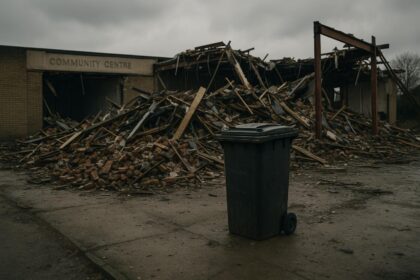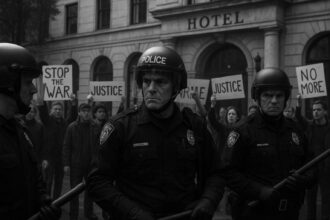As tensions mount in Gaza, international calls increase for a ceasefire to address the worsening humanitarian situation, with leaders like Rishi Sunak advocating for urgent aid delivery amidst potential conflict escalation.
Tensions in Gaza have escalated sharply, with potential for more widespread conflict. The Israeli army is considering an offensive in the densely populated city of Rafah, with Prime Minister Rishi Sunak and other international leaders expressing grave concerns about the humanitarian repercussions. Sunak, speaking amid these tensions, has called for a cessation of hostilities to facilitate the delivery of urgently needed aid.
The humanitarian situation has been exacerbated by the closure of key crossings like Rafah and Kerem Shalom, which were previously main entry points for aid. This impediment has led to severe shortages, and the northern part of Gaza is now experiencing conditions indicative of a famine. International attempts to alleviate the crisis include constructing a pier for aid delivery, supported by US and British military security against potential threats from Hamas.
Amidst this, Labour leader Sir Keir Starmer and others have called for an immediate ceasefire and the release of hostages, aligning with calls from humanitarian agencies, which emphasize the catastrophic impact of continued or escalated conflict.
Meanwhile, Hamas has accepted a ceasefire proposal brokered by Egypt and Qatar, although Israel has reservations about this agreement, questioning its terms and voicing concerns about its adequacy in addressing ongoing security issues, including hostage situations. This precarious ceasefire has left the international community and local populations anxious about what may follow if negotiations falter.
With the situation on a knife-edge, the international community, spearheaded by the US and Britain, continues to push for enhanced humanitarian access and diplomatic solutions to prevent further deterioration of conditions in Gaza.













